In a significant update for DC fans, James Gunn, co-CEO of DC Studios, has confirmed that the upcoming Supergirl: Woman of Tomorrow film, starring Milly Alcock as Kara Zor-El, has been officially retitled to simply Supergirl. The announcement, reported by Rolling Stone on June 16, 2025, aligns with Gunn’s recent trend of streamlining DC Universe (DCU) film titles, as seen with the change from Superman: Legacy to Superman. The decision reflects Gunn’s vision for a cohesive, accessible DCU, but it has sparked mixed reactions among fans, with some praising the simplicity and others lamenting the loss of the comic-inspired subtitle. As Supergirl prepares to soar into theaters on June 26, 2026, the title change signals a bold step in redefining the Girl of Steel for a new era.
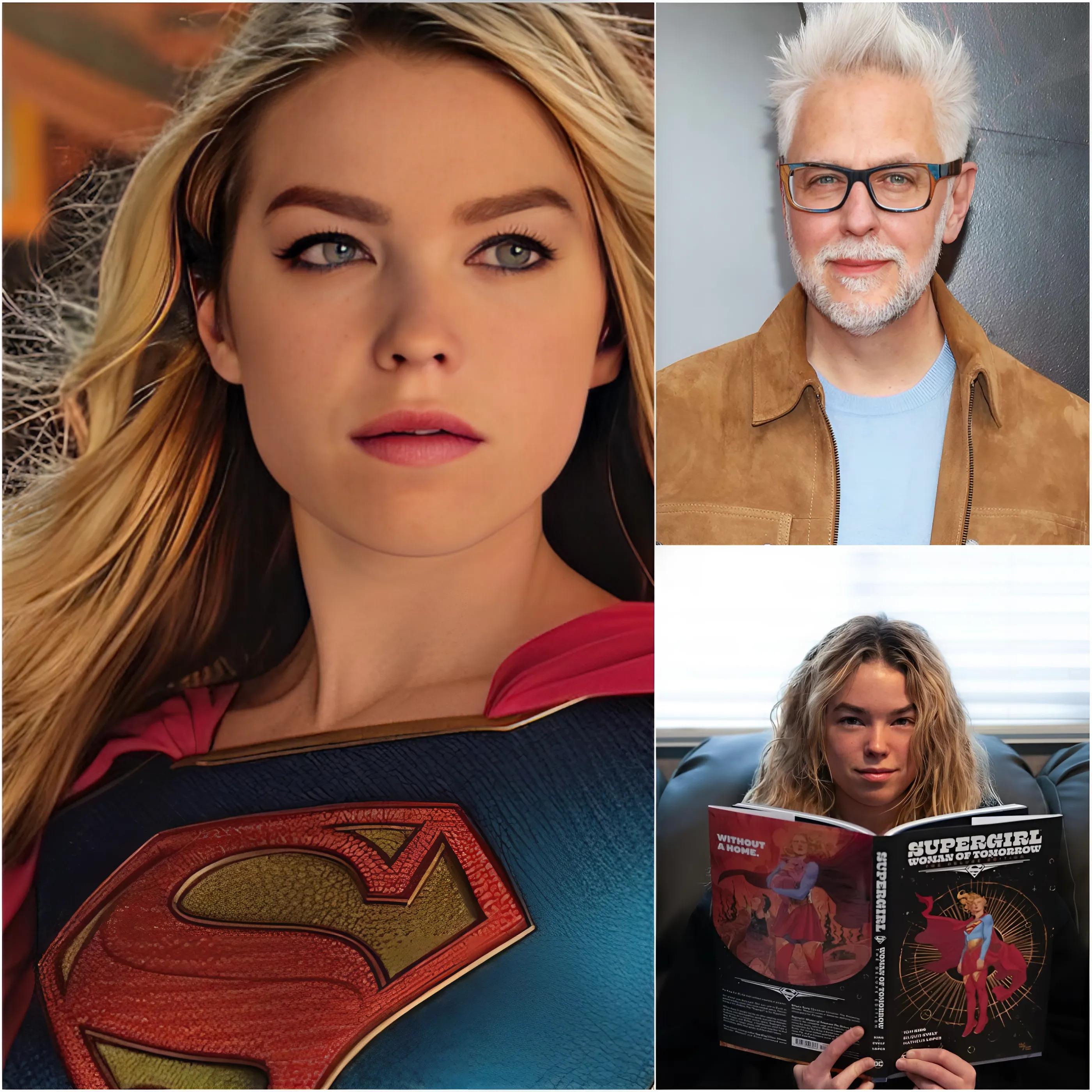
The retitling of Supergirl stems from Gunn’s frustration with the conventional superhero movie naming structure. In the Rolling Stone interview, he expressed being “sick of the superhero title, colon, other-name thing,” suggesting that subtitles like “Woman of Tomorrow” can feel backward-looking, even when thematically relevant. This sentiment echoes his decision to simplify Superman’s title, which he discussed during a “premortem” meeting—a process where the creative team identifies potential pitfalls before production. Gunn noted that the original title, while tied to the acclaimed 2021–22 comic by Tom King and Bilquis Evely, didn’t fully align with the forward-looking vision of the DCU. Posts on X from June 16, 2025, reflect this shift, with accounts like @DCFilmNews and @LanternUpdates amplifying the news, sparking debates among fans about the move’s marketing implications.
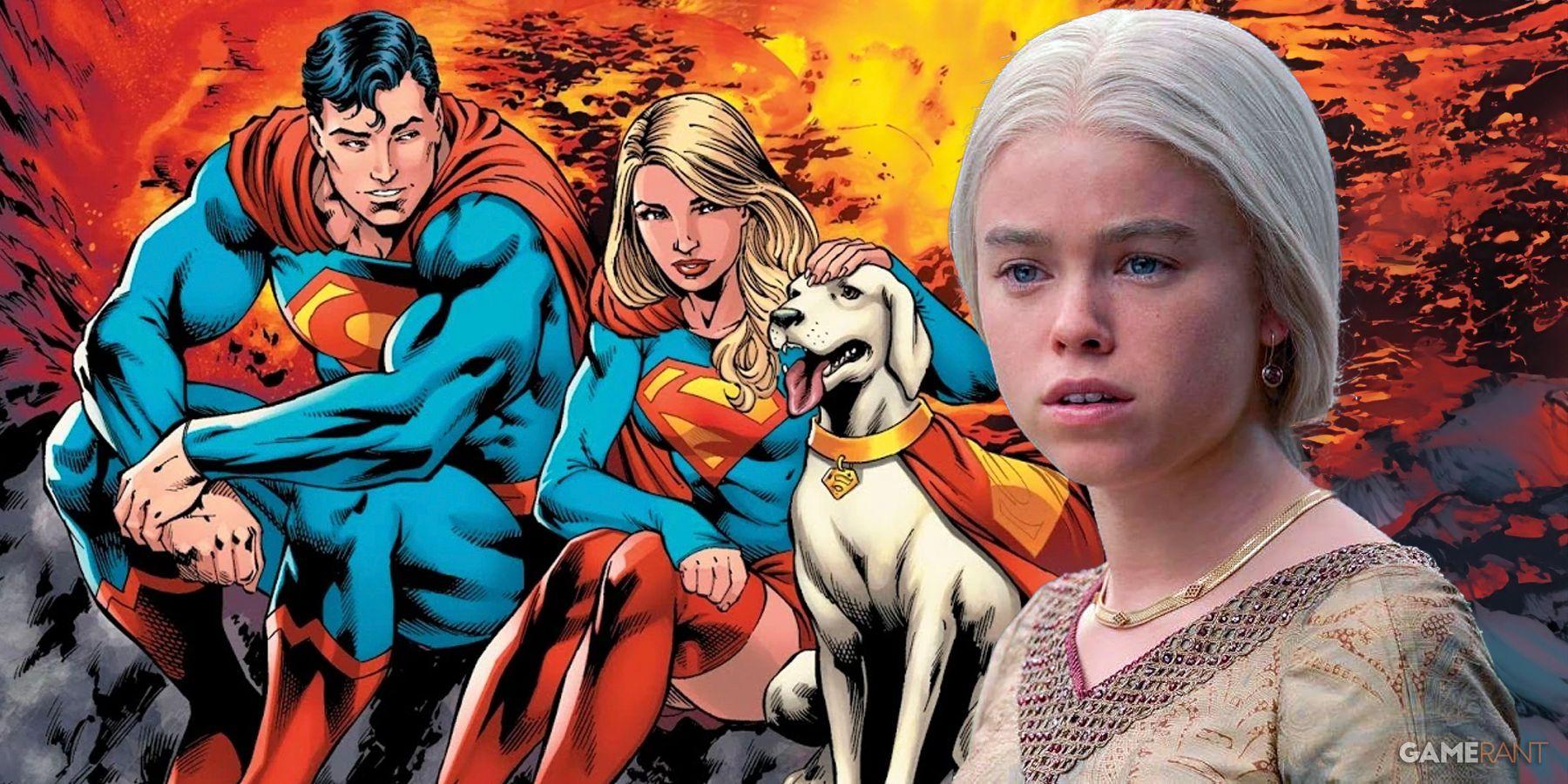
Despite the title change, Supergirl remains a faithful adaptation of the Woman of Tomorrow comic, which explores a darker, more jaded Kara Zor-El. Unlike her cousin Clark Kent, who was raised by loving parents on Earth, Kara survived 14 years on a desolate Kryptonian fragment, witnessing death and destruction. This gritty backstory, as Gunn highlighted in a 2024 THR interview, sets her apart from previous portrayals, such as Melissa Benoist’s earnest Supergirl in the CW series. The film, directed by Craig Gillespie and written by Ana Nogueira, follows Kara’s cosmic journey alongside Krypto the Superdog and Ruthye Marye Knoll, a young alien seeking justice for her father’s murder. The cast includes Matthias Schoenaerts as the villain Krem of the Yellow Hills, Jason Momoa as Lobo, and Eve Ridley as Ruthye, promising a star-studded adventure.
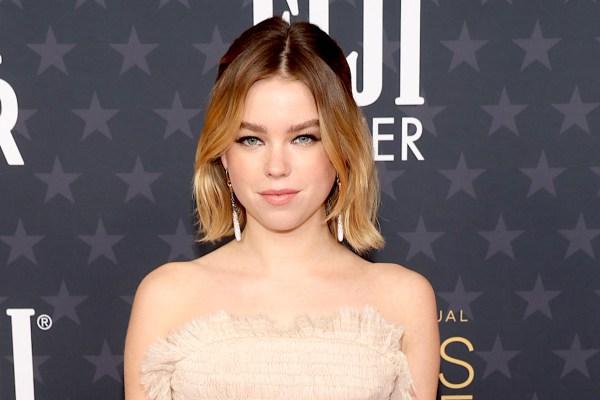
Production updates indicate Supergirl is on track for its 2026 release. Filming, which took place from January to May 2025 in the UK and Scotland, wrapped smoothly, with Gunn praising Gillespie’s direction and Nogueira’s “marvelous” script in a May 2025 Threads post. The decision to make Supergirl the second DCU film after Superman was driven by the script’s quality, as Gunn revealed to Omelete. “We have films and series that surprised us,” he said, emphasizing that quality trumps a rigid narrative plan. This approach contrasts with the DC Extended Universe’s (DCEU) past struggles, where rushed productions led to inconsistent results. Gunn’s hands-on involvement in the script stage, though limited during filming due to his Superman commitments, underscores his commitment to delivering a polished product.
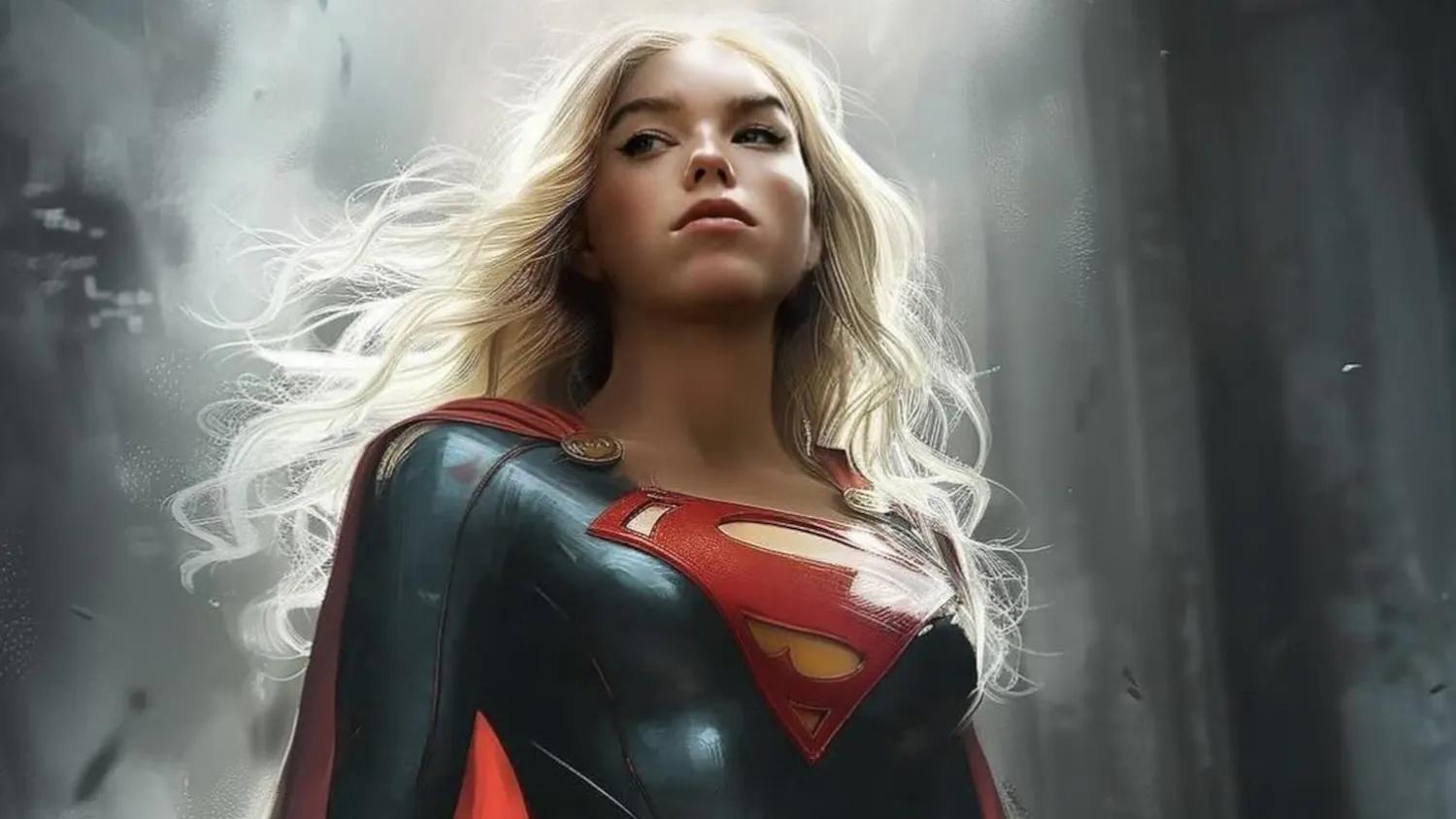
Fan reactions to the title change, as seen on X, are divided. Some, like a user on r/DCU_, argue that Supergirl carries “more gravitas” and aligns with the definitive branding of Superman and The Batman. Others express disappointment, noting that “Woman of Tomorrow” distinguished the film from past projects, like the 1984 Supergirl film or the CW series, both simply titled Supergirl. One X post remarked, “It’s a shame to lose the comic’s name, especially since it’s a direct adaptation.” However, Gunn has assured fans that the film retains the comic’s core themes and characters, with a three-act structure that diverges slightly from the source material’s pacing, as mentioned in an October 2024 New York Comic-Con panel.
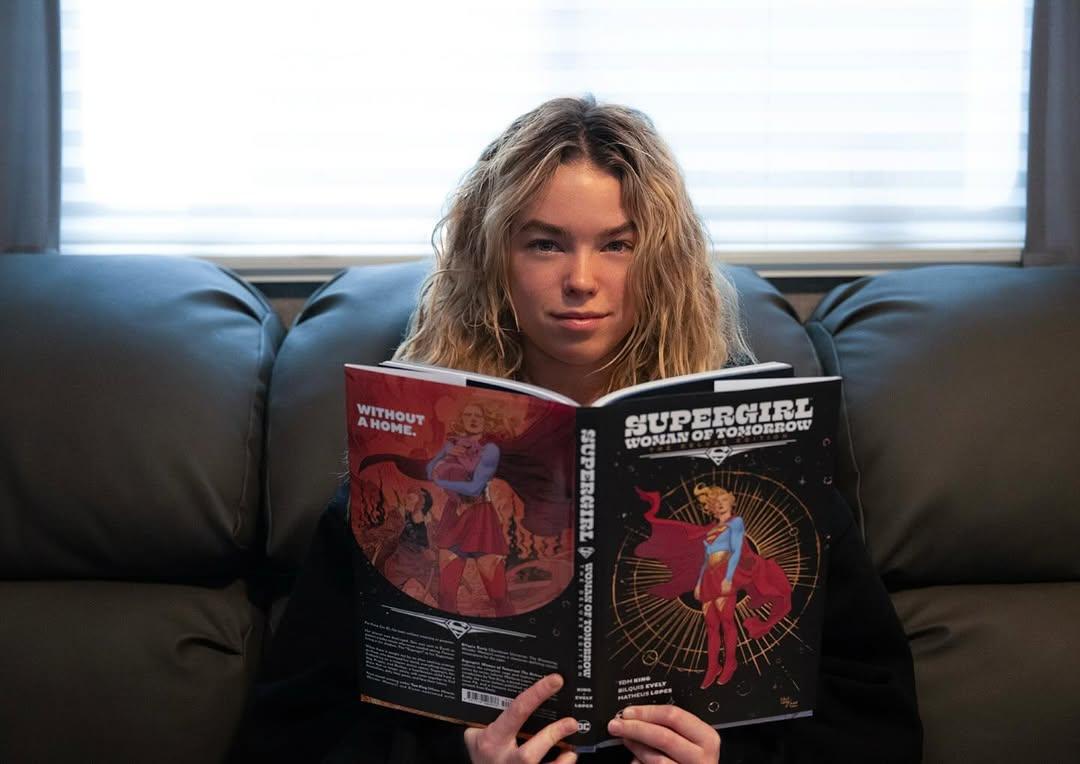
The title change also reflects DC Studios’ broader strategy under Gunn and co-CEO Peter Safran. By prioritizing standalone, character-driven stories in Chapter One: Gods and Monsters, they aim to avoid the pitfalls of overambitious crossovers that plagued the DCEU. Supergirl’s streamlined title may enhance its marketability, making it instantly recognizable to casual audiences. With Alcock’s casting generating buzz—bolstered by her House of the Dragon fame—and early praise for the film’s visuals, inspired by Evely’s stunning comic art, anticipation remains high. Gunn’s decision to drop “Woman of Tomorrow” may spark debate, but it underscores his intent to craft a DCU that feels fresh, focused, and unburdened by convention. As Supergirl prepares to take flight, it carries the promise of redefining a beloved hero for a new generation.




